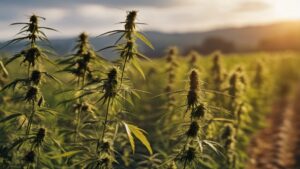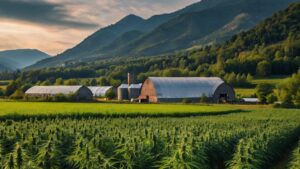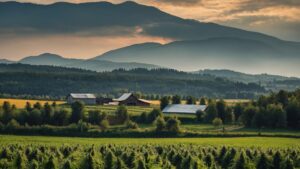Sustainability is more than just a word.

What is Sustainability?

In general, sustainability is understood as a form of intergenerational ethics in which the environmental and economic actions taken by present persons do not diminish the opportunities of future persons to enjoy similar levels of wealth, utility, or welfare.
How To Create A Sustainable Future
While numerous practices are cited as threats to sustainability, such as political corruption, social inequality, the arms race, and profligate government expenditures, environmental issues remain at the heart of the discussion. Of course, what is conducive to environmental sustainability remains a matter of intense debate. Approaches range from a moderate “greening” of current social institutions to a radical transformation of the global political and economic order. A gradual adjustment toward sustainability relies on governmental initiatives to orient production and consumption into less environmentally destructive channels. That implies a reengineering of industrial and agricultural processes, a transformation of land-use practices, and a shift in household consumption. Potentially renewable resources should be managed to conserve their long-term viability; nonrenewable resources should be extracted at rates that allow an ordered transition to alternatives; emission of waste and toxic substances must remain within the assimilative capacities of natural systems; and more-vigorous measures must be taken to preserve species, habitats, and ecosystems. Managing long-term environmental issues such as climate change and the loss of biodiversity is of critical importance to efforts to achieve sustainability.
One of the many advantages of hemp is its natural sustainability.

By implementing sustainable farming and industrial techniques, we can help tackle these challenges and secure a better future for generations to come. But, to be successful, we need to find a feasible way to thrive from a social, environmental, and economic perspective.
This is where industrial hemp comes in.
Although it’s in the same family as marijuana, hemp is a harvest crop that doesn’t produce a psychoactive effect. This resilient plant can serve more than 10,00 purposes and it’s inherently sustainable, allowing us to overcome many of the hurdles associated with irresponsible farming and manufacturing.







